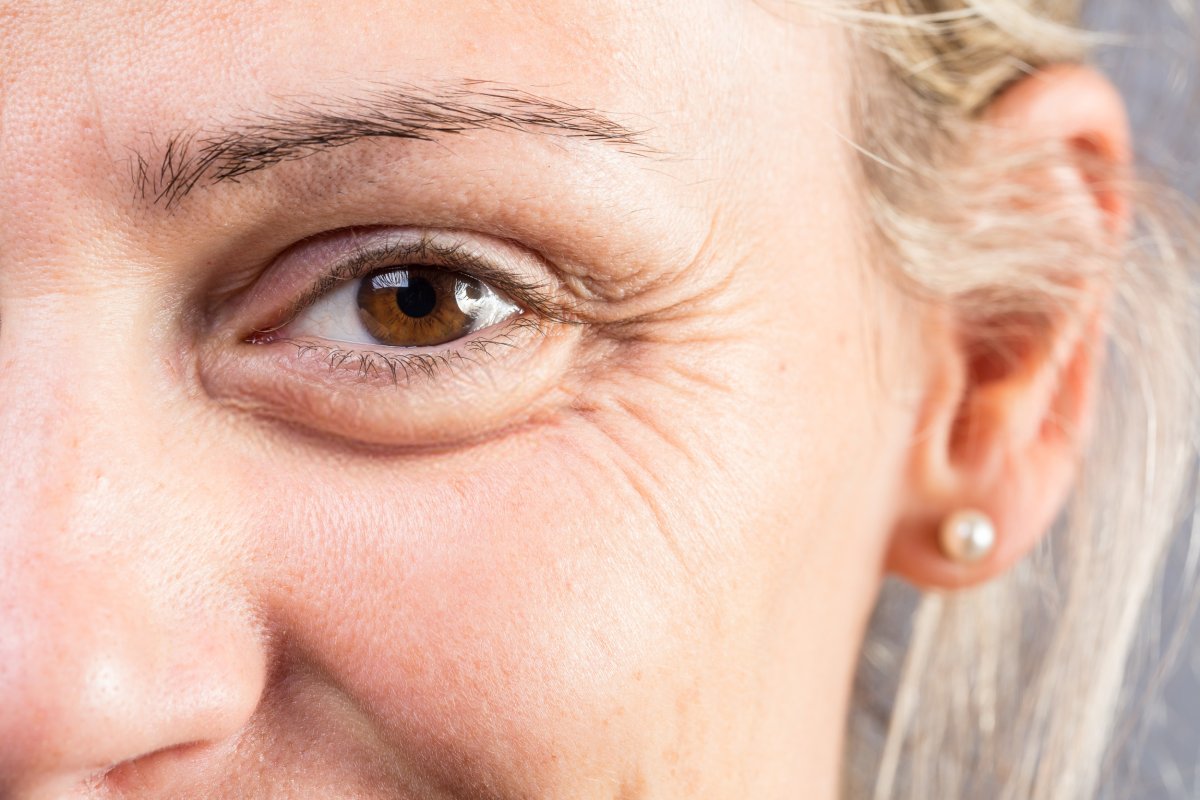Blinking not only keeps our eyes moist, it also plays a key role in how we process visual information, a new study has found.
Researchers at the University of Rochester in New York set about understanding more about the ordinary act of blinking—something we spend 3 to 8 percent of our waking hours doing.
They found that blinking provides information to the brain about the overall big picture of a visual scene.
For the study, the researchers tracked the eye movements in human observers and combined the data with computer models and spectral analysis—which involves the various frequencies in visual stimuli. This allowed the team to study how blinking affects what the eyes see, compared to when the eyelids are closed.
The researchers measured how sensitive humans are at perceiving different types of stimuli, such as patterns at different levels of detail.
They found that when people blink, they become better at noticing big, gradually changing patterns. In other words, blinking allows us to gather information about what we're looking at, to build up a larger picture.

When we blink, the quick movement of the eyelid alters light patterns that are effective in stimulating the retina. This creates a different kind of visual signal for our brain, compared to when our eyes are open and focused on a specific point.
The findings are further evidence that blinking isn't simply a mechanism to keep our eyes moist and healthy, especially as we blink more than is actually necessary to keep our eyes lubricated.
Instead, blinking is an important information-gathering stage that aids visual processing. It also helps to compensate for the fact that we lose stimulus exposure when we shut our eyes when blinking.
The findings further reinforce the growing body of research highlighting that our vision is a combination of sensory input and motor activity. When we smell or touch, for instance, our body movements help our brain understand space.
Study author and professor Michele Rucci told Newsweek that this is most likely an evolutionary quirk.
"It adds to a growing body of evidence—in good part from our laboratory—showing that the visual system is very sensitive to temporal changes and use them to represent spatial information," he explained.
"In other words, unlike a camera, the visual system does not just use the image on the retina, but it relies strongly on how this image changes."
The full findings of the study were published in the delayed open-access journal Proceedings of the National Academy of Sciences.
Do you have a tip on a science story that Newsweek should be covering? Do you have a question about cognition? Let us know via science@newsweek.com.
Uncommon Knowledge
Newsweek is committed to challenging conventional wisdom and finding connections in the search for common ground.
Newsweek is committed to challenging conventional wisdom and finding connections in the search for common ground.
About the writer
To read how Newsweek uses AI as a newsroom tool, Click here.








